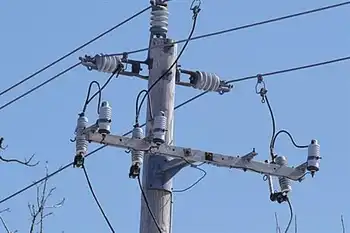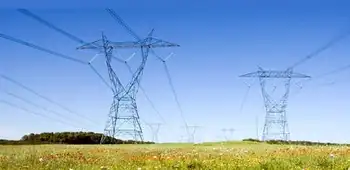GM to launch plug-in SUV in 2011
The new five-passenger Buick crossover is expected to be the first commercially available plug-in hybrid sport-utility vehicle by a major automaker, and would follow GM's heavily touted Chevrolet Volt plug-in car into the market.
The Chevy Volt, slated for showrooms in late 2010, and other electric vehicles including the Buick plug-in are key to GM's effort to reinvent itself and win back consumer trust after the automaker emerged from bankruptcy in July.
GM Vice Chairman Tom Stephens, announcing plans for the Buick hybrid at an industry conference in Traverse City, Michigan, said the company's "robust" balance sheet following its bankruptcy restructuring gives it flexibility to focus on product development.
"We've been given the opportunity of a lifetime and we know the hard part is just beginning. We have to convince consumers to give us a chance," Stephens said.
Major automakers, including GM and Toyota Motor Corp, have been ramping up plans for a range of electric vehicles to meet higher U.S. fuel-economy standards and increased consumer demand for fuel-efficient vehicles.
GM Chairman Ed Whitacre said the automaker would use some of the funding left from its bankruptcy reorganization to accelerate key vehicle launches, after delaying projects since late last year in order to shore up cash.
The Buick plug-in will use some of the same technology GM is developing for the Chevrolet Volt. It will be powered by next-generation lithium-ion batteries to be built by South Korea's LG Chem and its Compact Power unit, based in Troy, Michigan.
LG Chem is also supplying lithium-ion batteries for the Volt, one of the most eagerly awaited GM vehicles.
Stephens said GM is running a fleet of about 80 pre-production Volts, which are meeting initial targets. The automaker is designing the Volt to run 40 miles on a battery pack that can be recharged at a standard electric outlet.
"They are undergoing rigorous tests as we speak, and we're getting very positive results," he said.
Unlike traditional hybrids such as Toyota's Prius, which are powered by a battery or by the gas engine depending on driving conditions, plug-ins such as the Volt are designed to be powered by electricity at all times.
The Volt also carries an onboard gas engine, which will kick in on longer trips to generate power for the battery.
Last year GM said it would launch a plug-in version of its Saturn Vue SUV, but dropped that plan earlier this year when it decided to sell the Saturn brand. That sale is pending.
The automaker had said the vehicle that would replace the now-scrapped Saturn would be an SUV from one of the four brands it plans to retain after it completes its restructuring: Chevy, Cadillac, Buick and GMC.
Related News

US Electricity Market Reforms could save Consumers $7bn
WASHINGTON - Electricity-market reforms to enable more renewables generation and storage in the Midwest, Great Lakes, and Mid-Atlantic could save consumers in the US and Canada more than $6.9 billion a year, according to a new report.
The findings may have major implications for consumer groups, large industrial companies, businesses, and homeowners in those regions, said the Wind-Solar Alliance, (WSA), which commissioned the Customer Focused and Clean report.
The WSA is a non-profit organisation supporting the growth of renewables. American Wind Energy Association CEO Tom Kiernan is listed as WSA secretary.
"Consumers are looking for clean, affordable and reliable energy that will keep…




